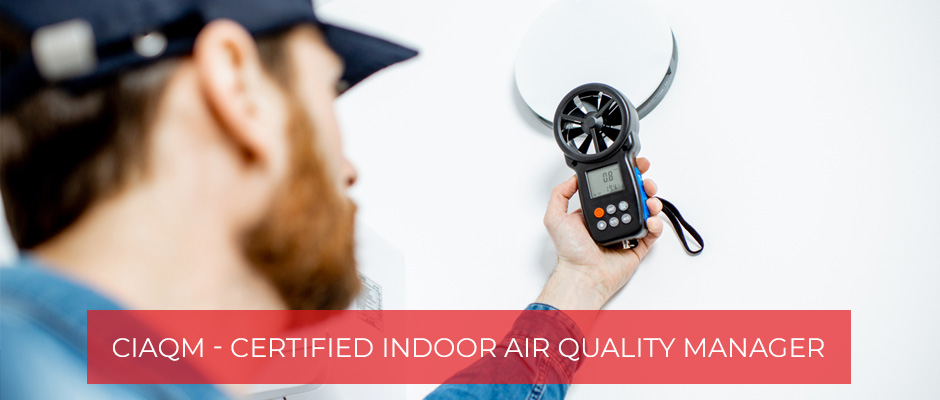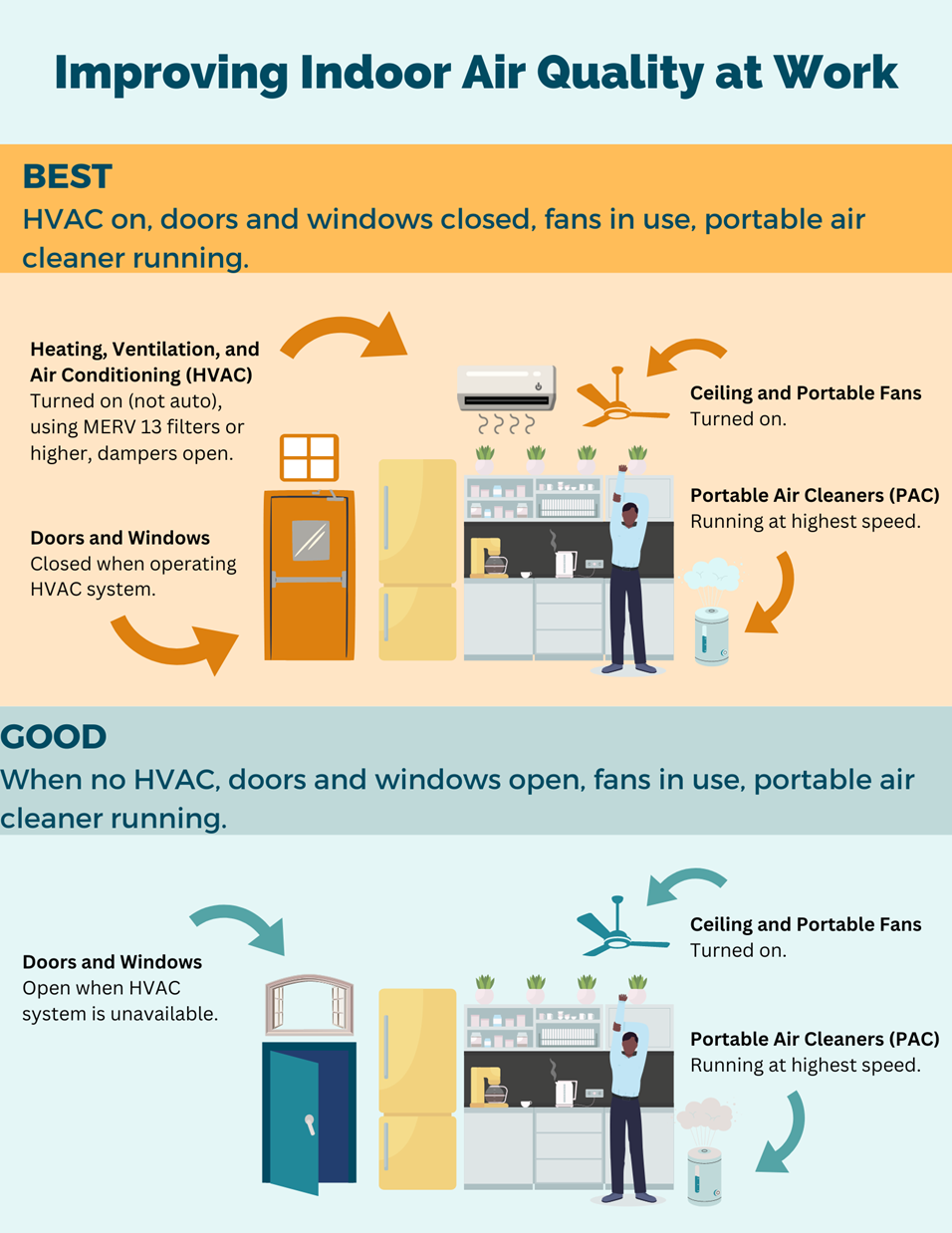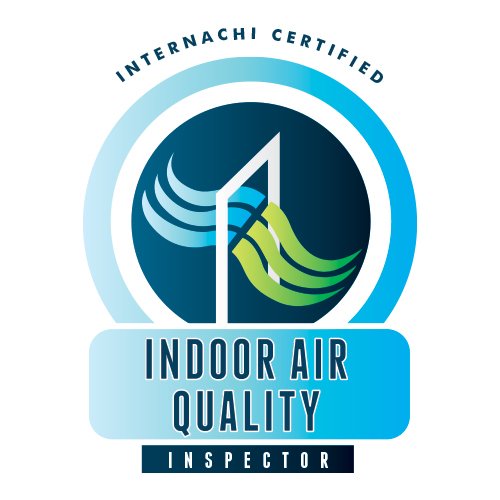To become an Indoor Air Quality Specialist, join InterNACHI®, complete certification requirements, and finish the online “Indoor Air Quality for Inspectors” course. This field typically requires a bachelor’s degree in environmental science, biology, or chemistry, with skills in sample collection, data analysis, and lab testing on samples.
With a focus on ensuring quality indoor air, becoming a certified specialist allows individuals to safeguard environments from pollutants and maintain optimal air quality standards. Through training programs and industry-specific knowledge, professionals can excel in this specialized field and contribute to enhancing indoor air quality for healthier living and working spaces.
This career path offers opportunities to make a significant impact on public health and environmental sustainability by implementing effective air quality management strategies.
Education And Training
To become an indoor air quality specialist, it is important to have a bachelor’s degree in a relevant field such as environmental science, biology, or chemistry. This education provides a solid foundation in understanding air quality issues and the necessary skills to analyze and monitor air samples. Specialized training and certification are also essential for becoming an expert in this field.
One way to enhance your qualifications is by joining organizations like InterNACHI® and completing their home inspector certification requirements. InterNACHI® also offers a free online course specifically focused on indoor air quality for inspectors. By completing this course and abiding by the continuing education policy, you can become a certified indoor air quality inspector.
To further advance your career as an indoor air quality specialist, you may also consider pursuing additional certifications and training programs offered by industry organizations. These programs provide in-depth knowledge and practical skills to effectively address air pollution and quality issues.
| Benefits of Education and Training |
|---|
| – Bachelor’s degree provides a strong foundation in relevant knowledge. |
| – Specialized training enhances skills and expertise in indoor air quality. |
| – Certification demonstrates credibility and professionalism. |
| – Continuous education keeps professionals updated with the latest trends and best practices. |
Job Responsibilities
To become an indoor air quality specialist, you must join a certification organization, complete relevant courses, and meet continuing education requirements. The responsibilities include installing, calibrating, and maintaining air monitoring instruments, as well as analyzing data and performing lab tests on samples.
The field typically requires a bachelor’s degree in environmental science, biology, or chemistry.
| Job Responsibilities |
| Installation and Maintenance of Air Monitoring Instruments: Installs, calibrates, operates, and services air monitoring instruments. Prepares standard mixtures and repairs sensors and monitors. |
| Data Collection and Analysis: Conducts air quality monitoring programs, collects data on air pollutants’ effects, and evaluates air quality simulation models. |
Career Path
To become an Indoor Air Quality Specialist, you typically need a bachelor’s degree in environmental science, biology, or chemistry. Your skills should include sample collection, data analysis, and performing lab tests. Joining organizations like InterNACHI and completing their certification requirements can also help in becoming a certified specialist.
| Entry-Level Positions: | Advancement Opportunities: |
| Start as an Air Quality Technician or Inspector | Progress to Senior Specialist roles |
| Gain experience in air quality testing | Lead projects and teams in the field |
| Understand regulations and protocols | Specialize in specific indoor air quality areas |

Credit: www.nationalradondefense.com
Certification And Accreditation
What does it take to become an Indoor Air Quality Specialist? One important step is to achieve certification and accreditation. One option is to become a member of InterNACHI, the International Association of Certified Home Inspectors. Becoming a member of InterNACHI requires completing their Home Inspector Certification Requirements and their free online course on “Indoor Air Quality for Inspectors”. Another important certification to consider is EPA Certification. The Environmental Protection Agency conducts research on indoor air quality and has developed prevention and mitigation strategies. As an Indoor Air Quality Specialist, you will be responsible for installing, calibrating, operating, maintaining, and servicing ambient air monitoring instruments and telemetry equipment. You will also repair and rebuild sensors and monitors, calibrate electronic test equipment, and analyze data on the effects of air pollutants. With the right education and training, you can become an expert in indoor air quality and help ensure a healthier living environment for everyone.
Business Opportunities
Business Opportunities:
- By offering indoor air quality services, you can tap into the growing demand for healthier indoor environments.
- Consider obtaining certifications from certification and accreditation providers to enhance your credibility and attract more clients.

Credit: www.nrep.org

Credit: www.cdph.ca.gov
Frequently Asked Questions For How To Become An Indoor Air Quality Specialist?
How Do I Become An Indoor Air Quality Tester?
To become an indoor air quality tester, join InterNACHI as a member, complete Home Inspector Certification Requirements, and take the “Indoor Air Quality for Inspectors” course. Maintain Continuing Education for certification.
What Does An Indoor Air Quality Specialist Do?
An indoor air quality specialist installs, calibrates, operates, and maintains air monitoring instruments and equipment, providing repair and calibration services.
Who Studies Indoor Air Quality?
The Environmental Protection Agency (EPA) conducts research on indoor air quality to understand sources, risks, and develop prevention strategies.
What Does An Air Pollution Specialist Do?
An air pollution specialist designs, conducts, and evaluates air monitoring and control programs. They collect and analyze data on air pollutants’ effects on human health and the environment, often using air quality simulation models. They also develop and validate these models.
Conclusion
Becoming an Indoor Air Quality Specialist requires dedication and the right qualifications. By joining InterNACHI® as a member and completing their certification requirements, you can gain the necessary skills to excel in this field. Additionally, taking InterNACHI’s “Indoor Air Quality for Inspectors” course and adhering to their Continuing Education Policy will further enhance your expertise.
With a bachelor’s degree in environmental science, biology, or chemistry, you can collect samples, analyze data, and perform lab tests with ease. Start your journey towards a rewarding career as an Indoor Air Quality Specialist today.
Rakib Sarwar is a Registered Pharmacist and a reputed health and wellness blogger. He has a great interest in Air purifiers.
